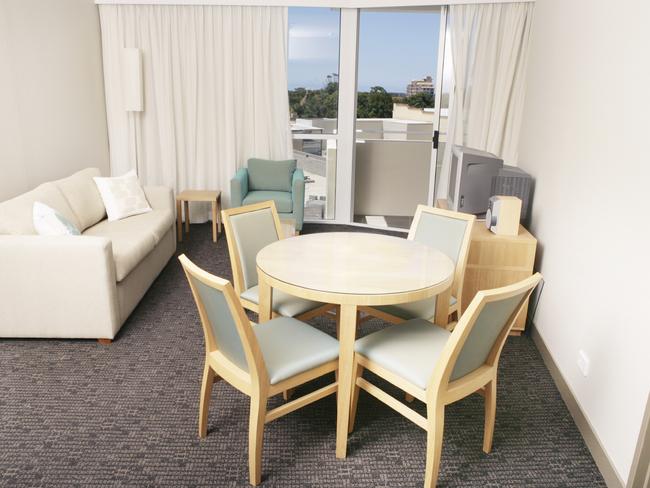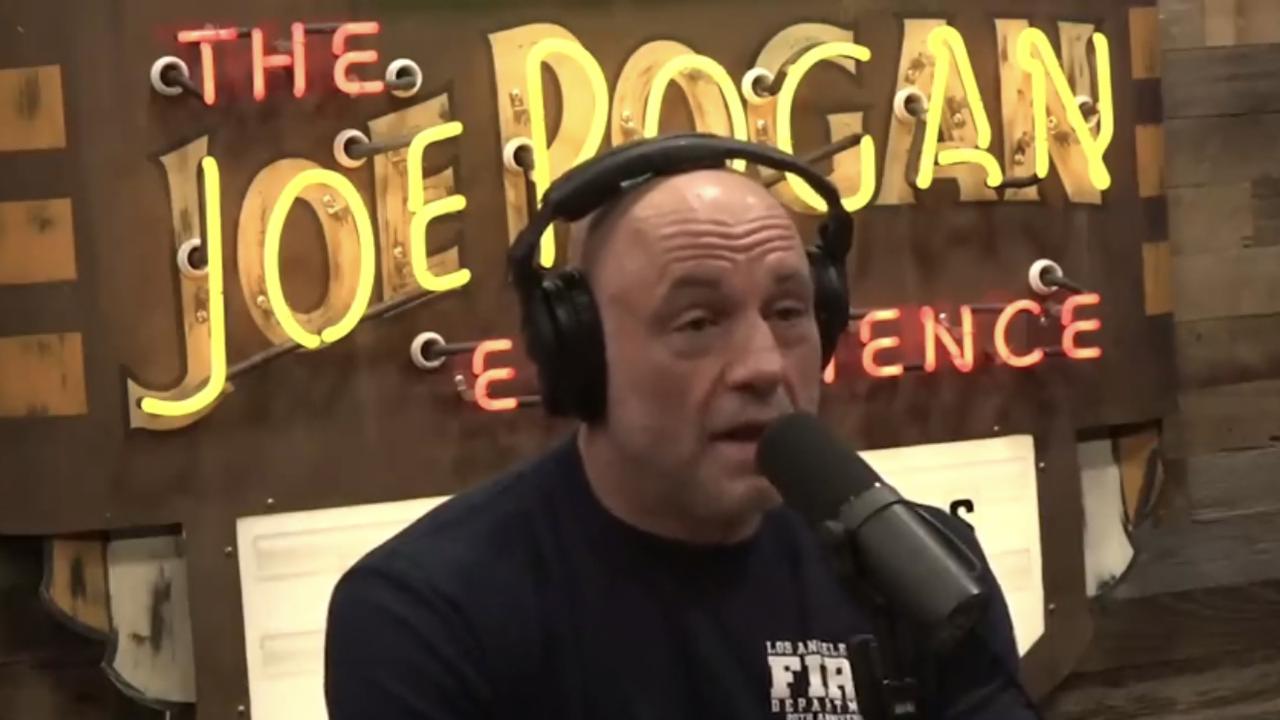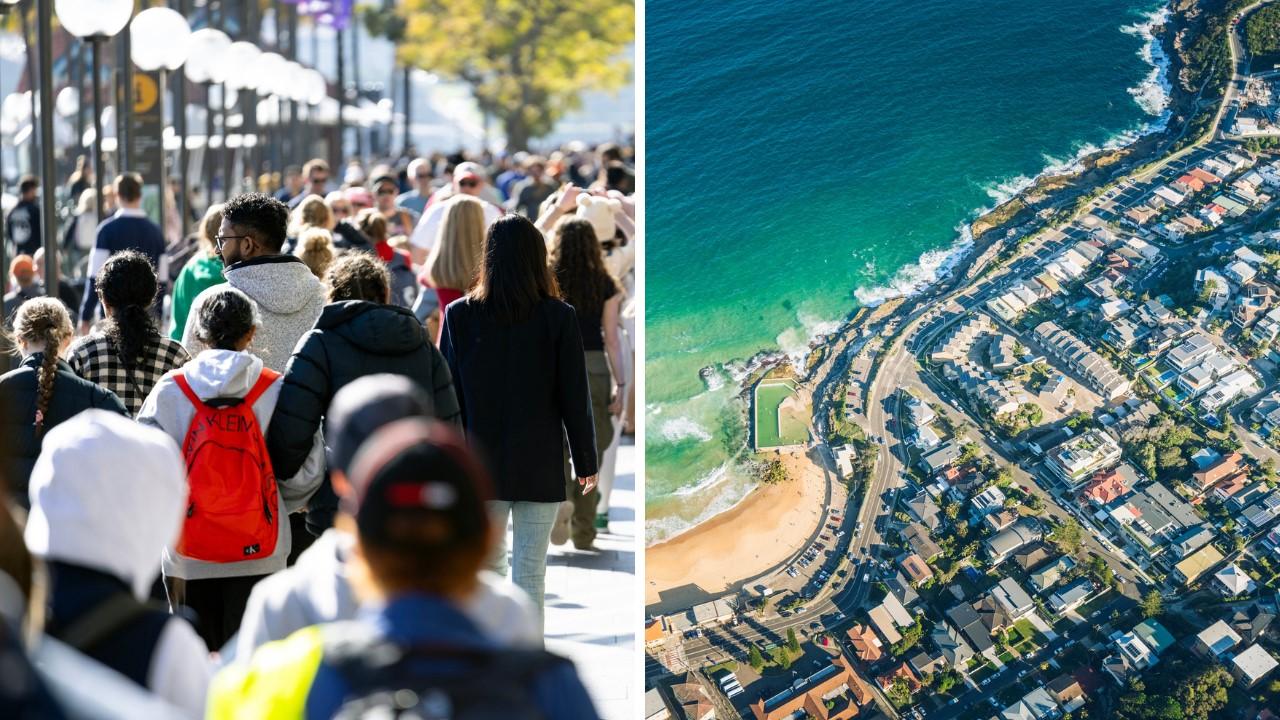Are you too poor to have any fun in your own city? You could be an ENDIES
THERE’S a new social tribe in that great city you live in — ENDIES. But it may not be a group you want to be in.
THERE’S a new acronym making the rounds today.
It’s ENDIES. It stands for Employed but No Disposable Income or Savings. So there’s not really a second ‘E’ in the acronym but someone probably thought it sounded better than ENDIS or ENDIOS. But we digress.
ENDIES has been coined by a British think tank to describe people in London who are gainfully employed but, because of their incomes, can barely afford to live in the expensive city they call home. The report’s authors, Centre for London, pegged those incomes at between £22,000 ($A39,526) and £30,000 ($A53,899).
The introduction to the report sounded eerily similar to how many Australians are living: “People in London earning modest incomes are caught in a vicious trap from which they cannot break free.
“Their earnings are kept flat by a fiercely competitive labour market, while living costs — particularly housing, transport and childcare — have risen sharply. As a result, they find themselves working hard to stand still and often feel they are going backwards. Many are slowly falling into debt and few have confidence about the future.”
The report paints a grim and familiar picture.
Now, London is a city with cost of living challenges not too different from our own capitals; where the grumbles of how much everything costs can be heard in every living room and pub. So do we have our very tribe of ENDIES right here in Australia?

The income levels set by the British study are fairly comparable to the level of income in Australia where those earning that amount (between $39,000 and $53,000) would be acutely feeling many of the same challenges. The Australian minimum wage is even lower at a shade above $33,000.
There are two groups of Australians who could very well call themselves ENDIES — graduates and lower income workers.
“In Australia, we have a very similar thing,” demographer and social commentator Mark McCrindle told news.com.au. “We have a whole generation of university graduates in that situation. The average starting salary for graduates is around the $50,000 mark. Within a few years, they could be on $60,000 or $80,000 but many of them start at $50,000.
“Gen Y are starting on good salaries but they’re often starting with debt from HECS, credit cards or lifestyle debt. It’s very different from their parents.”
Mr McCrindle explained that earlier generations often bought property early on their working lives which gave them both the discipline of putting money into the mortgage and an asset that appreciated in value.
He said: “Gen Y are starting later — they often study for longer — and many of them don’t start saving until their mid-to-late-20s. When they do start, they’re not buying property because there’s an affordability challenge. They can’t afford to buy close to work so they rent.
“The cycle is relegating many of them to be asset poor despite their incomes. They’ll enjoy the journey but won’t have much at the end of it. They’re earning more than their parents were but they’re doing worse than their parents.”

Mr McCrindle said it comes down to affordability. He said: “If you go back to 1973, the average capital city house price was five times earnings. But wages have not kept pace with property prices. By 1993, property prices were six times that of earnings and today it’s 10 times.”
But university graduates aren’t the only ones who can count themselves among the ENDIES. The other group are those on lower incomes. The average full time salary in Australia is just under $75,000 while the average salary (taking into account part-timers) is $57,980. For those under the average wage and living in a capital city, it’s difficult to get ahead of the cycle of earning just enough to get by.
Mr McCrindle pointed out that not only are the costs of everything in existing categories going up, there is a whole slew of new costs previous generations didn’t have to deal with — broadband internet, mobile technology, tolls etc.
Carmel Franklin, chairperson of Financial Counselling Australia, said financial counsellors had been dealing with people in this category for years. “It’s very much the same here as in the UK, particularly in the capital cities,” she said.

“They’re people who are working so they’re not eligible for any concessions or rent assistance, but they also might not have an income high enough to get a mortgage, so a lot of them are paying a huge amount of their income in the private rental market.”
Ms Franklin said people in this “working poor” category have enough to scrape by but inevitably run into unexpected costs such as a car breakdown or medical expenses, which may have to be paid on the credit card.
“You may not have enough to pay the amount in full, so suddenly you’re paying interest on interest to cover your ongoing costs, and it becomes a cycle. It’s like you’re running to stay still.”
She said learning how to budget properly was important, but also being aware of hardship schemes available. “If you’re behind on your electricity bill, rather than paying on your credit card and paying interest, contact the utility and try to arrange for an alternative payment scheme,” she said.
The biggest factor by far is housing affordability, Ms Franklin added, which means both government and industry have a role to play. “It’s not a problem that’s going to be solved overnight.”
The cost of housing appears to be the primary pressure point for ENDIES, especially in more expensive cities such as Sydney, Melbourne, Perth or Darwin. The median house price in Sydney is now $812,000, followed by Darwin at $655,000.
NATSEM principal research fellow Ben Phillips said someone living in one of the more expensive capital cities on the minimum wage of $33,000 has almost no prospect of ever buying their own home.
Do you consider yourself an ENDIES? Sound off below in the comments.



